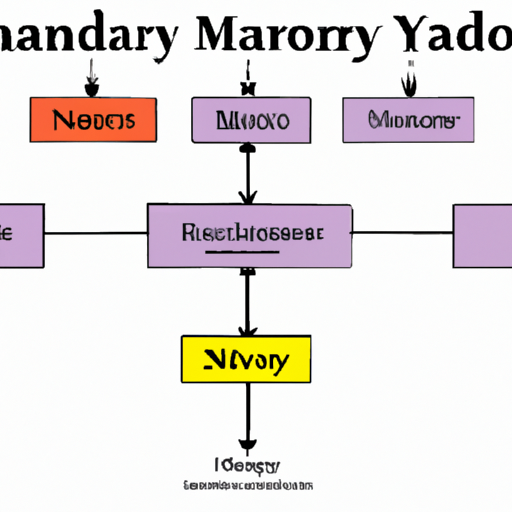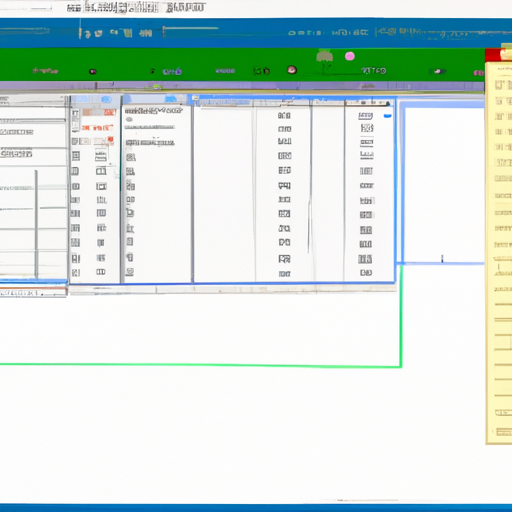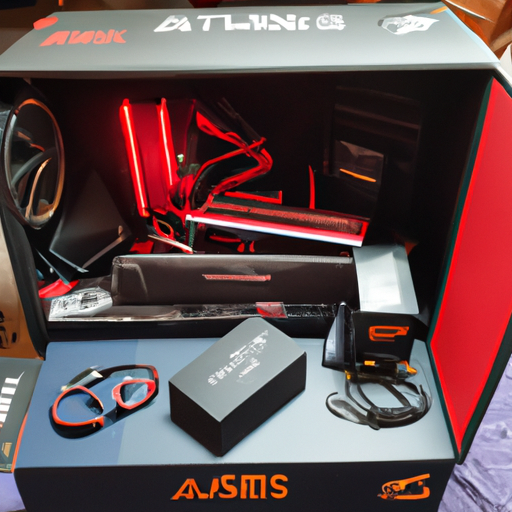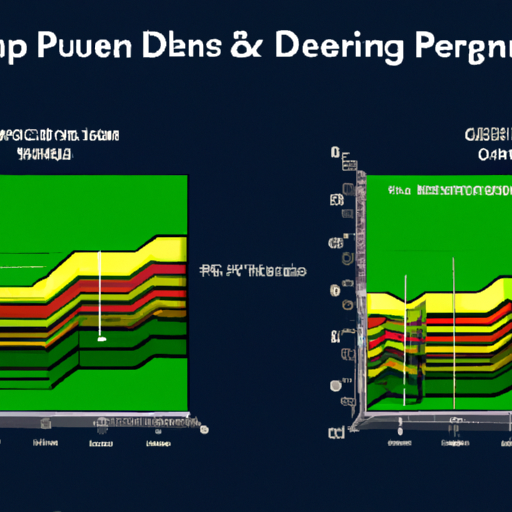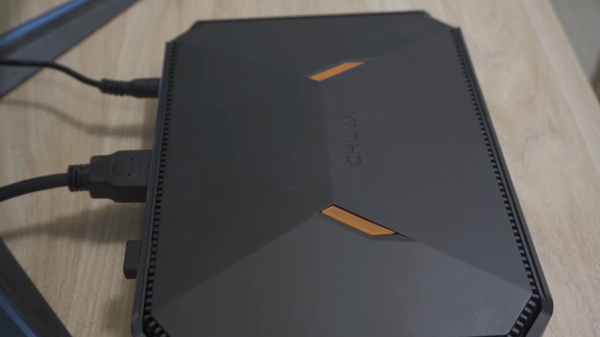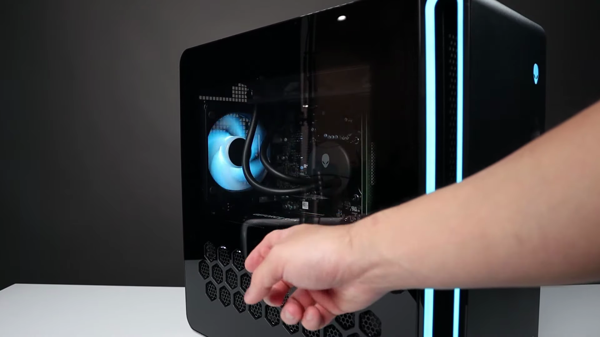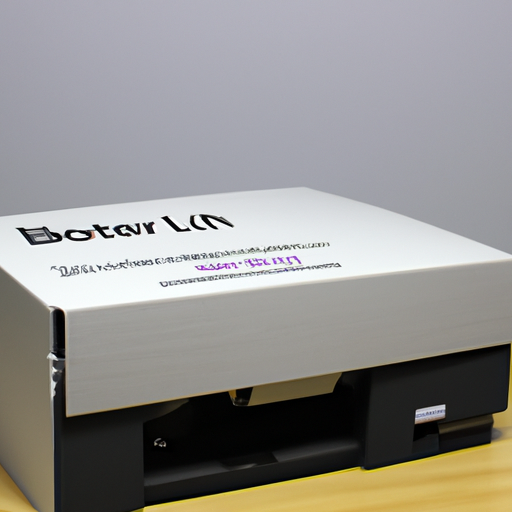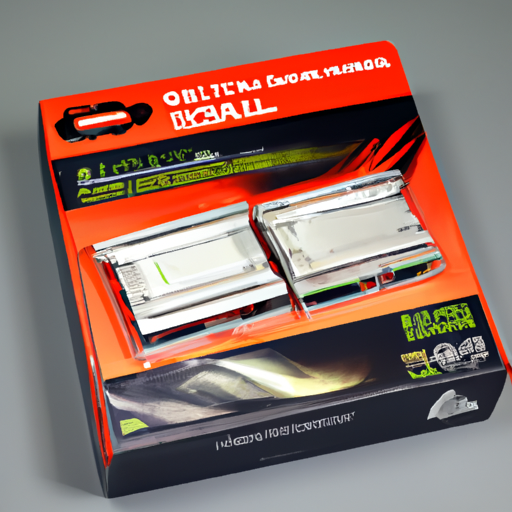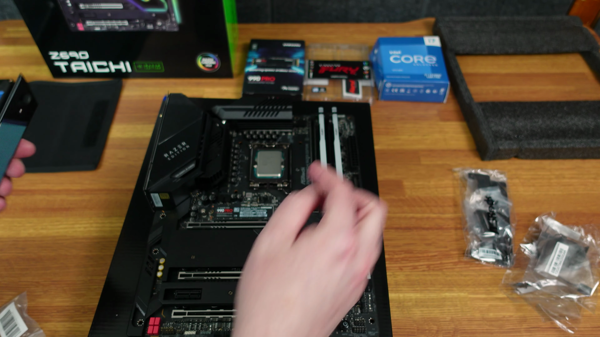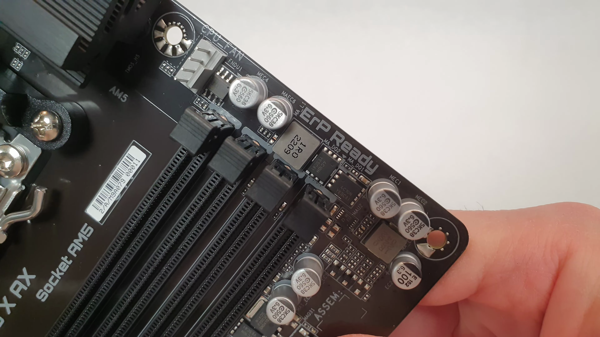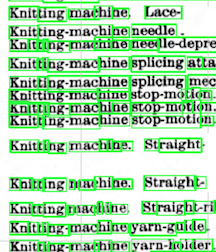The latest news covering data science, machine learning and hardware.
The fields of data science and machine learning - as well as the hardware that makes these efforts possible - evolve fast. Here we cover the latest news and innovations.
Latest news
Developments of the past decade, going into the future
As the fields of data science and machine learning continue to expand at a breakneck pace, the community has seen a slew of new developments that are pushing the boundaries of what’s possible. Here’s a roundup of some of the most exciting news and innovations:
Next-Gen TPUs and GPUs
Google recently announced their TPU v4, which promises significant performance improvements over the previous generation. Meanwhile, NVIDIA isn’t far behind with their A100 Tensor Core GPUs, designed to handle the most complex AI and high-performance computing workloads. These hardware advancements are critical for training increasingly large and complex models.
Quantum Machine Learning
Quantum computing is starting to make its mark on machine learning. Startups and tech giants alike are exploring quantum algorithms that could potentially solve certain classes of problems much faster than classical computers. While still in its infancy, quantum ML could revolutionize fields like cryptography, optimization, and materials science.
Federated Learning Goes Mainstream
With privacy concerns on the rise, federated learning is becoming more popular. This approach allows models to be trained across multiple decentralized devices or servers holding local data samples, without exchanging them. This not only helps with privacy but also reduces the amount of data that needs to be transferred, saving bandwidth.
AutoML Advances
Automated machine learning (AutoML) tools are becoming more sophisticated, enabling non-experts to create effective models. Google’s AutoML Tables and OpenAI’s Codex are examples of tools that are democratizing AI by automating the creation of machine learning models.
AI Ethics Tools
As AI becomes more pervasive, tools to ensure ethical AI are becoming crucial. New frameworks and libraries are being developed to detect and mitigate bias in datasets and models. For instance, IBM’s AI Fairness 360 is an open-source toolkit to help detect and remove bias.
ML Ops Growth
Machine Learning Operations (MLOps) is an emerging field that focuses on the deployment, monitoring, and maintenance of machine learning models in production. New tools and platforms are being developed to streamline these processes, making it easier for companies to scale their machine learning efforts.
Energy-Efficient AI
With the environmental impact of training large models coming under scrutiny, there’s a push towards more energy-efficient hardware and algorithms. Researchers are exploring new types of neural network architectures that require less computational power to train and run.
Edge AI Expansion
AI is moving closer to the edge, with more processing being done on local devices rather than in the cloud. This is made possible by more powerful and energy-efficient edge devices, which can run complex models locally, reducing latency and improving privacy. ### Language Model Breakthroughs OpenAI’s GPT-4 - and ChatGPT - has been a hot topic, but the field is not standing still. Newer models are being developed that promise even greater understanding and generation of human language, with applications ranging from automated content creation to advanced conversational agents.
AI in Space
Machine learning is not just an earthbound endeavor. NASA and other space agencies are increasingly using AI to process the vast amounts of data coming from space probes and satellites, and to automate decision-making for space exploration missions.
Future
These are just a few highlights from the rapidly evolving landscape of data science and machine learning. As the hardware continues to improve and new algorithms are developed, we can expect to see even more groundbreaking applications and innovations in the near future. Join the discussion and share your thoughts on these developments!
